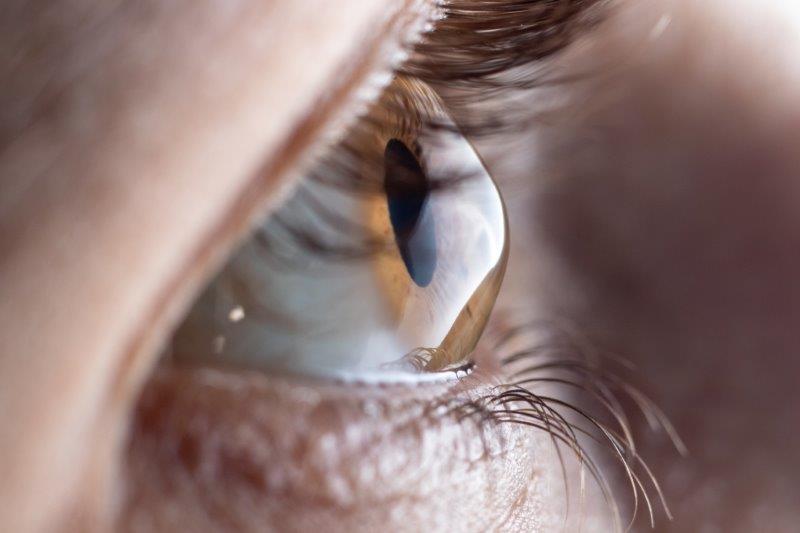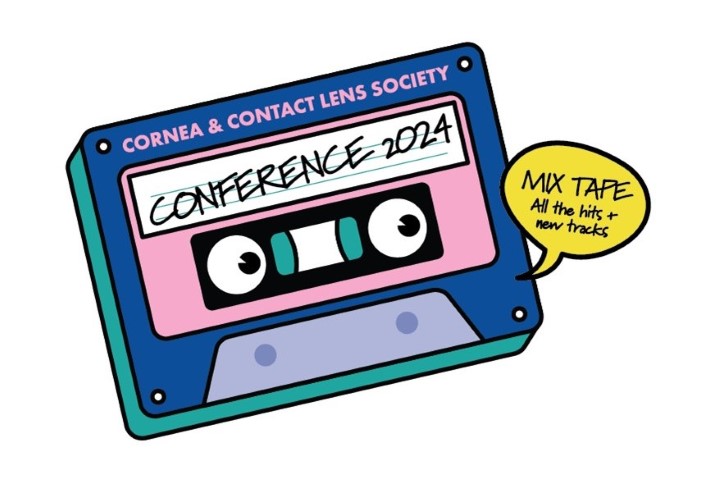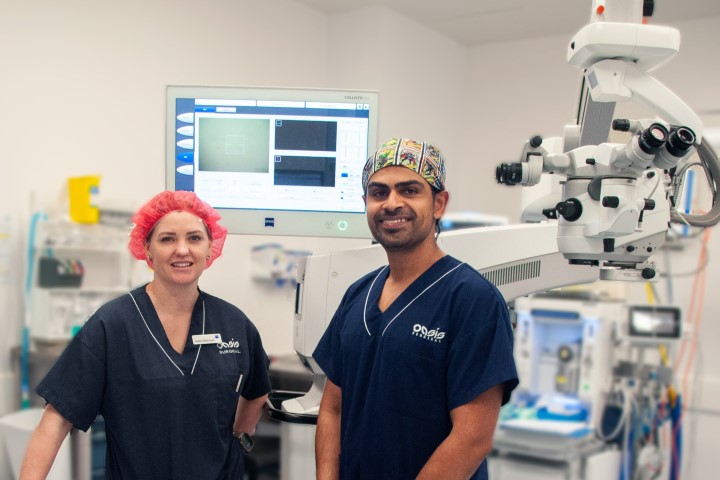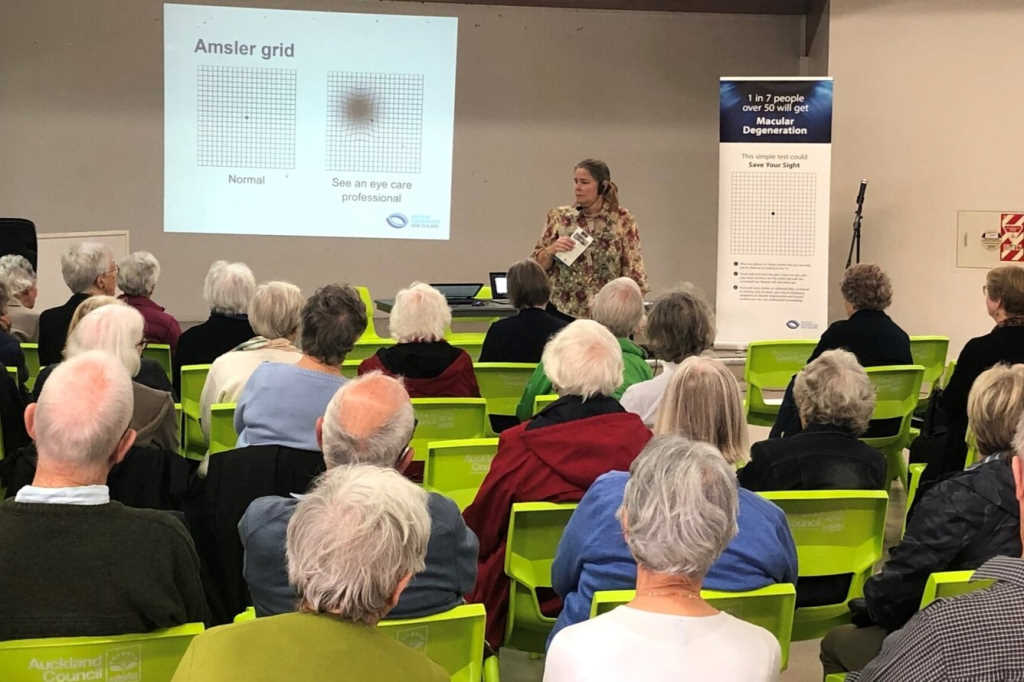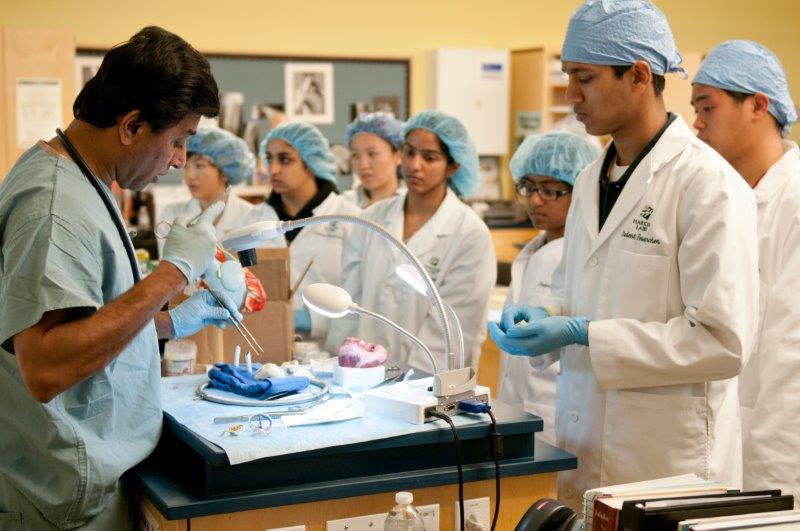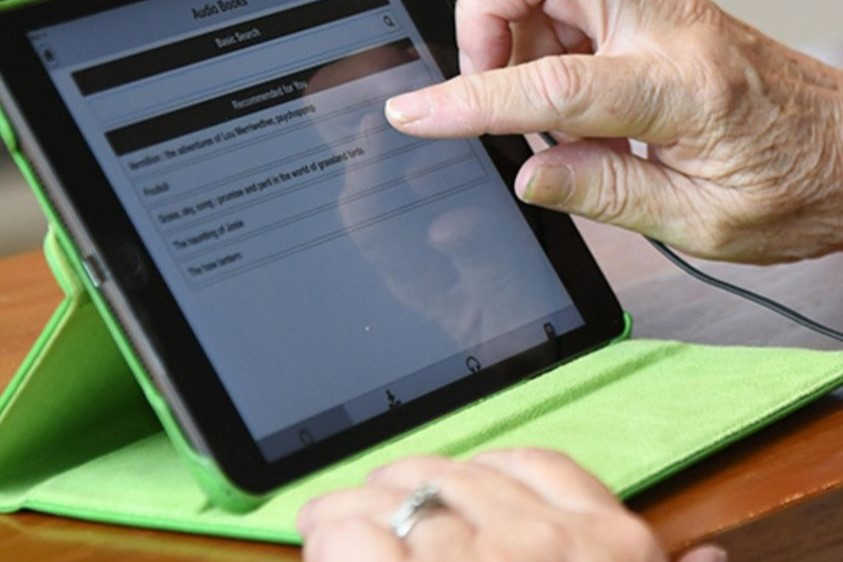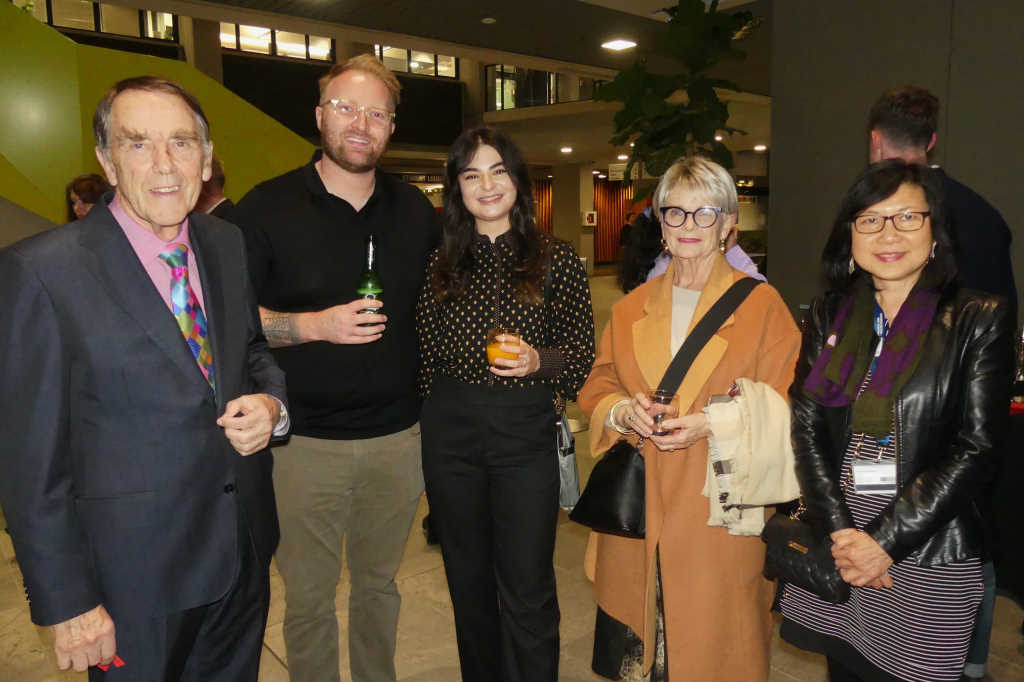3D corneas from cows' eyes
Korean researchers have 3D printed corneas with a bio-ink with qualities similar to collagen and glycosaminoglycans (GAGs) in the native cornea and which also offers the transparency suitable for vision.
A study published in the Journal of Tissue Engineering, said the researchers had turned to bioengineering to create more hospitable corneas, after noting numerous adverse reactions elsewhere to artificial corneas. They began by harvesting entire corneas from bovine eyeballs sourced through a Korean slaughterhouse, which they turned into cornea-derived decellularised extracellular matrix (Co-dECM) as a bio-ink. They said the Co-dECM bio-ink had the potential to be used in various types of corneal disease based on its corneal-specific ability and design flexibility in 3D cell printing technology.
The paper said the developed bio-ink did not have any cytotoxic effect on encapsulated cells and great biocompatibility was evidenced through the xeno-implantation of the Co-dECM gel into mice and rabbits for two and one month, respectively.
Waiting time for a donor cornea has gradually lengthened due to a decrease in supply caused by an aging population and an increase in laser-based surgeries, which make the cornea unsuitable for donation. This has driven demand for more research into alternatives to donor corneas (eg. this cornea repair pen.)














